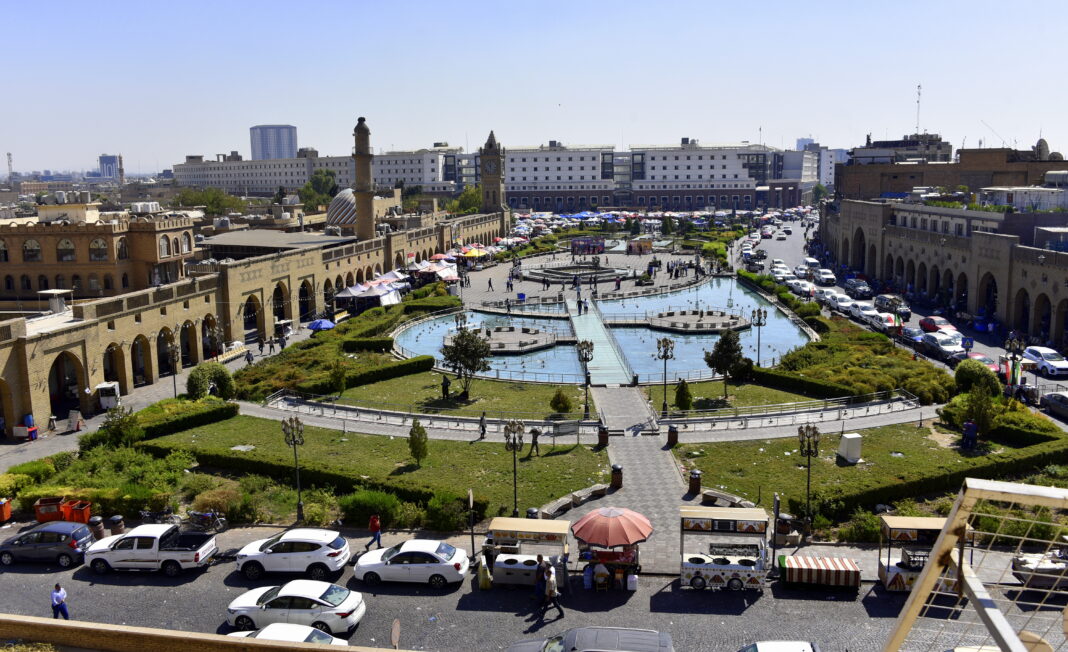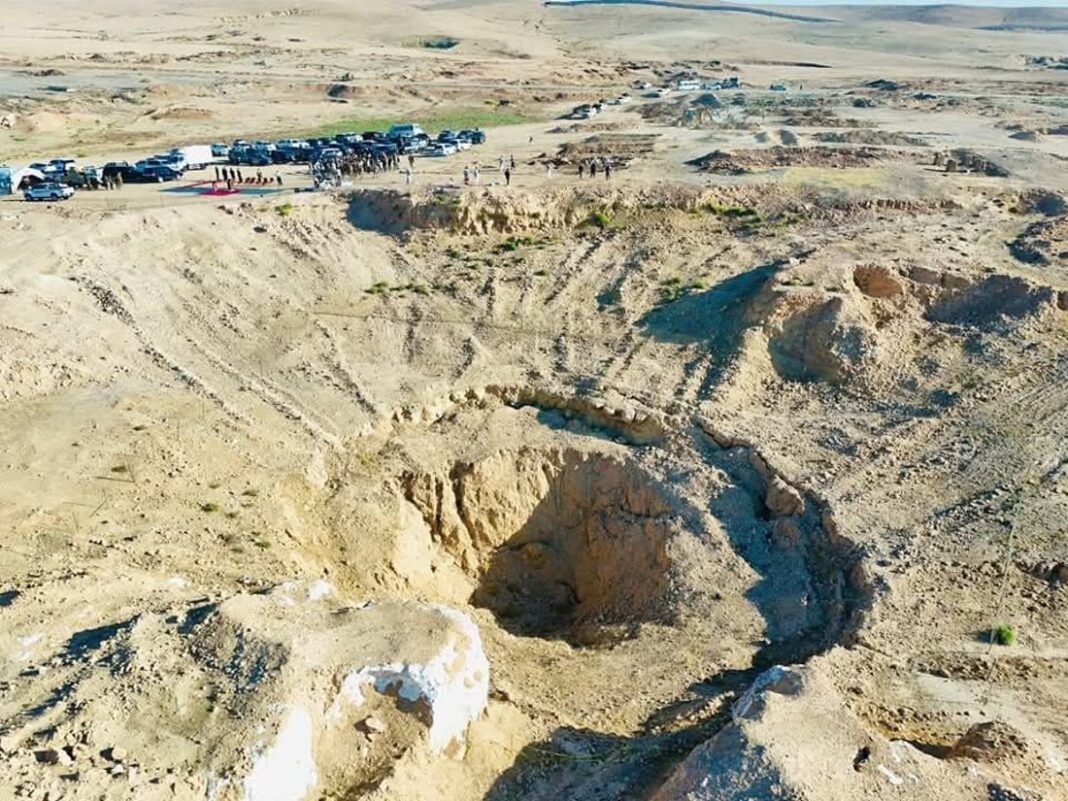Demonstrations in Erbil and Diyala on Sunday increased pressure on authorities to provide full transparency in the death of psychiatrist Ban Ziyad Tariq. This case has sparked nationwide concern over women’s safety and investigation handling in Iraq.
Activists gathered in front of Erbil’s citadel and rejected political comments made before forensic results were released. Lawyer Zainab Jawad said, “This solidarity is important to reveal the truth to society. Some claim it was suicide, but the evidence shows a planned murder and body mutilation.”
Protester Mohammed Aflouk said the group also opposed attempts to shape public opinion. “We reject political statements made before the forensic and medical reports. Some politicians try to convince Iraqis it was suicide. These corrupt officials mislead the people, and the judiciary must investigate them,” he told 964media.
In Baqubah, Diyala’s capital, dozens of youths rallied at al-Falah Square. Women protesters warned, “Ignoring this case without fair accountability will allow it to happen again. We demand full transparency to prevent impunity and protect women from violence.”
The protests followed earlier demonstrations in Baghdad and Kirkuk. Citizens and activists called for clarity and opposed the initial suicide claim. Forensic experts and lawmakers cited evidence pointing to foul play, such as strangulation marks, bruises, and disabled cameras at Tariq’s home.
On August 4, Tariq, a psychiatrist in her thirties, died in her home in Basra. Police initially reported that she died from wrist cuts, but her colleagues and human rights advocates doubted her injuries were self-inflicted. Psychiatrist Mohammed Mahdi Mnakhour said, “Preliminary forensic images show torture and mutilation. Someone slashed her hands to the bone, which no one can do to themselves.”
Authorities have not announced final results yet. The Basra Third Investigative Court is conducting a wide investigation. The court is recording witness statements and has detained one suspect while waiting for the full forensic report. Prime Minister Mohammed Shia al-Sudani demanded “close and rapid follow-up” and called for releasing the results with full transparency.
On Sunday, Parliament Speaker Mahmoud al-Mashhadani took action by forming a six-member committee. Furthermore, Basra lawmaker Uday Awad Kazem leads the group to oversee the investigation closely. Meanwhile, the parliamentary Human Rights Committee described the case as deeply shocking to the medical community. Moreover, they warned that it reveals serious dangers facing women and health workers across Iraq.



